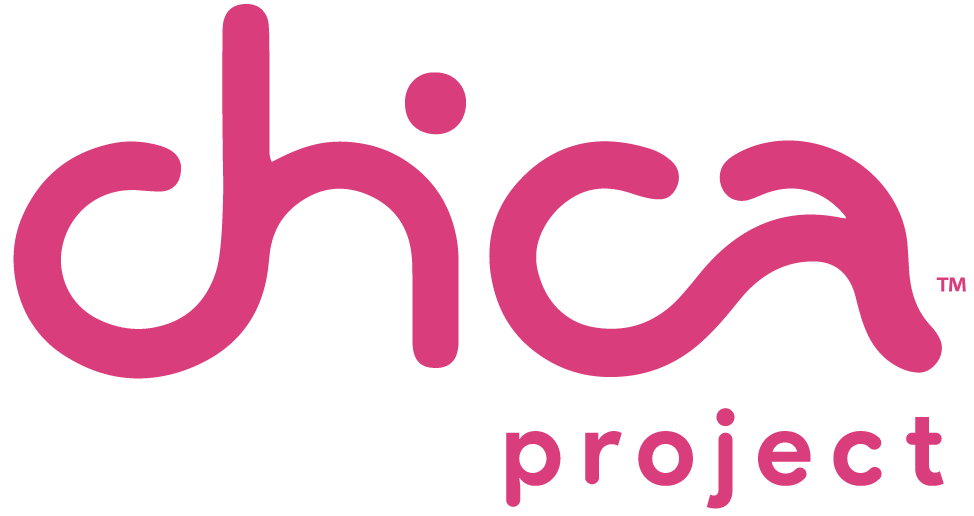“Lean into the joy”: COVID, racism, and how we mentor girls of color.
By Jeneé Osterheldt, Boston Globe
A year after coronavirus arrived, a year after the murder of Breonna Taylor, and after a year of anti-Asian violence, mentoring Black girls and girls of color looks different. As it should.
Our kids have been pulled from their social circles, forced to live remotely, fighting more stress than ever before. Meagan Markle, even with riches our children don’t have, did not want to live anymore. It’s Women’s History Month, but what are we doing to ensure our girls, women, and they of color have a future?
Chica Project, a Massachusetts nonprofit dedicated to closing the opportunity gap for Latinas and women of color, has prioritized mental health. Since the pandemic began, leadership surveyed their students — nearly 43 percent reported a decline in mental health. About half of them are experiencing food instability and have at least one parent out of work due to coronavirus. Many share a room and work jobs to help at home. Some have a hard time accessing WiFi to get what they need.
“A lot of our youth feel isolated even more,” said Erika Rodriguez, Chica Project executive director. “They are talking about wanting to reach out for help, wanting to lead those conversations at home and be ambassadors for mental health, for identity, for vaccines, for access to information at home. It’s so important to hone in on mental health and train them on how to have these conversations.”
Through mentorship, networking, and skills training, Chica Project has served over 3,000 youth over the last decade. This past year, they have gone remote and expanded beyond Massachusetts, mentoring 300 girls and them, ages 12 to 18, here, as well as in New York, Texas, and the Dominican Republic.
But despite their hardships, the mentees have also shown resilience and a passion for change.
“The new generation is so unapologetic and ready to talk about their experience, to resist,” said Lina Cañon, associate director. “They will tell you their pronouns and where they are at. They are talking about their mental health and embracing their culture. They are fearless and speaking their truth. They have become the teachers, too. The mentors are intergenerational.”
Help us mentor more chicas.

